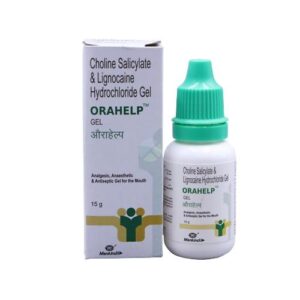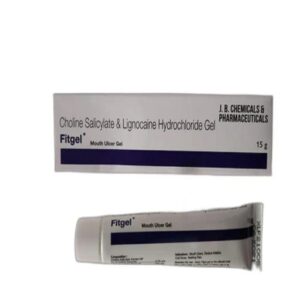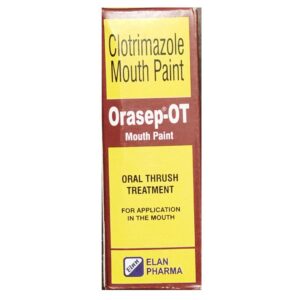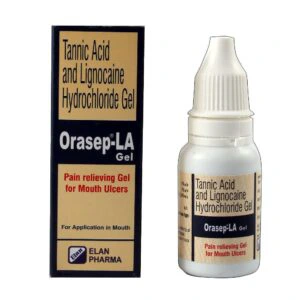CHOLINE SALICYTATE
CHOLINE SALICYTATE: Choline salicylate is a nonsteroidal anti-inflammatory drug (NSAID) that is commonly used as an oral analgesic and anti-inflammatory medication. It is primarily indicated for the relief of mild to moderate pain and inflammation associated with various conditions, including dental pain, sore throat, and general musculoskeletal aches and pains.
Choline salicylate works by inhibiting the production of certain chemicals in the body called prostaglandins. Prostaglandins are involved in the inflammatory process and are responsible for pain and swelling. By reducing the production of prostaglandins, choline salicylate helps to alleviate pain and inflammation.
The recommended dose of choline salicylate varies depending on the condition being treated. For oral use, typical doses range from 200 to 600 milligrams every 4 to 6 hours, with a maximum daily dose of 8 grams. However, it is important to follow the instructions provided by the healthcare professional or as stated on the medication label.
Like other NSAIDs, choline salicylate may cause some side effects. Common side effects include gastrointestinal issues such as stomach upset, heartburn, and stomach pain. In some cases, it can also lead to gastrointestinal bleeding or ulcers, particularly when used at high doses or for prolonged periods.
Choline salicylate is contraindicated in individuals with a known hypersensitivity to salicylates or NSAIDs, as well as patients with a history of aspirin-induced asthma, nasal polyps, or angioedema. It should also be used with caution in patients with a history of peptic ulcers, liver or kidney disease, and bleeding disorders.
As always, it is essential to consult with a healthcare professional or pharmacist before starting any new medication to ensure it is appropriate for your specific condition and any potential drug interactions or contraindications.





